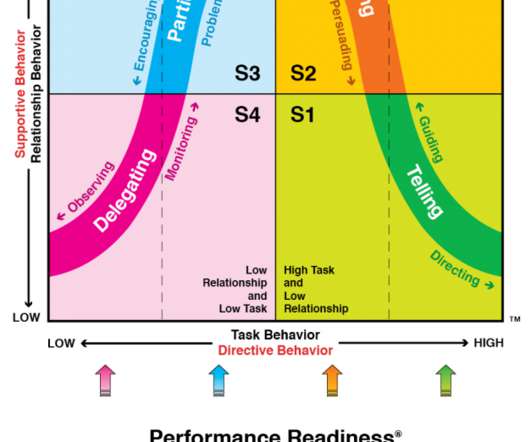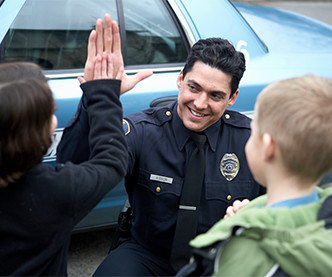The Four Leadership Styles of Situational Leadership®
The Center For Leadership Studies
JUNE 19, 2020
Situational Leadership ® is a common-sense, contingency-based leadership model that consists of four common leadership styles. Contingency-based” basically means the correct answer to the question: “What is the best leadership style?”. STYLE 4 – DELEGATING, EMPOWERING or MONITORING. Answer: It depends!












Let's personalize your content